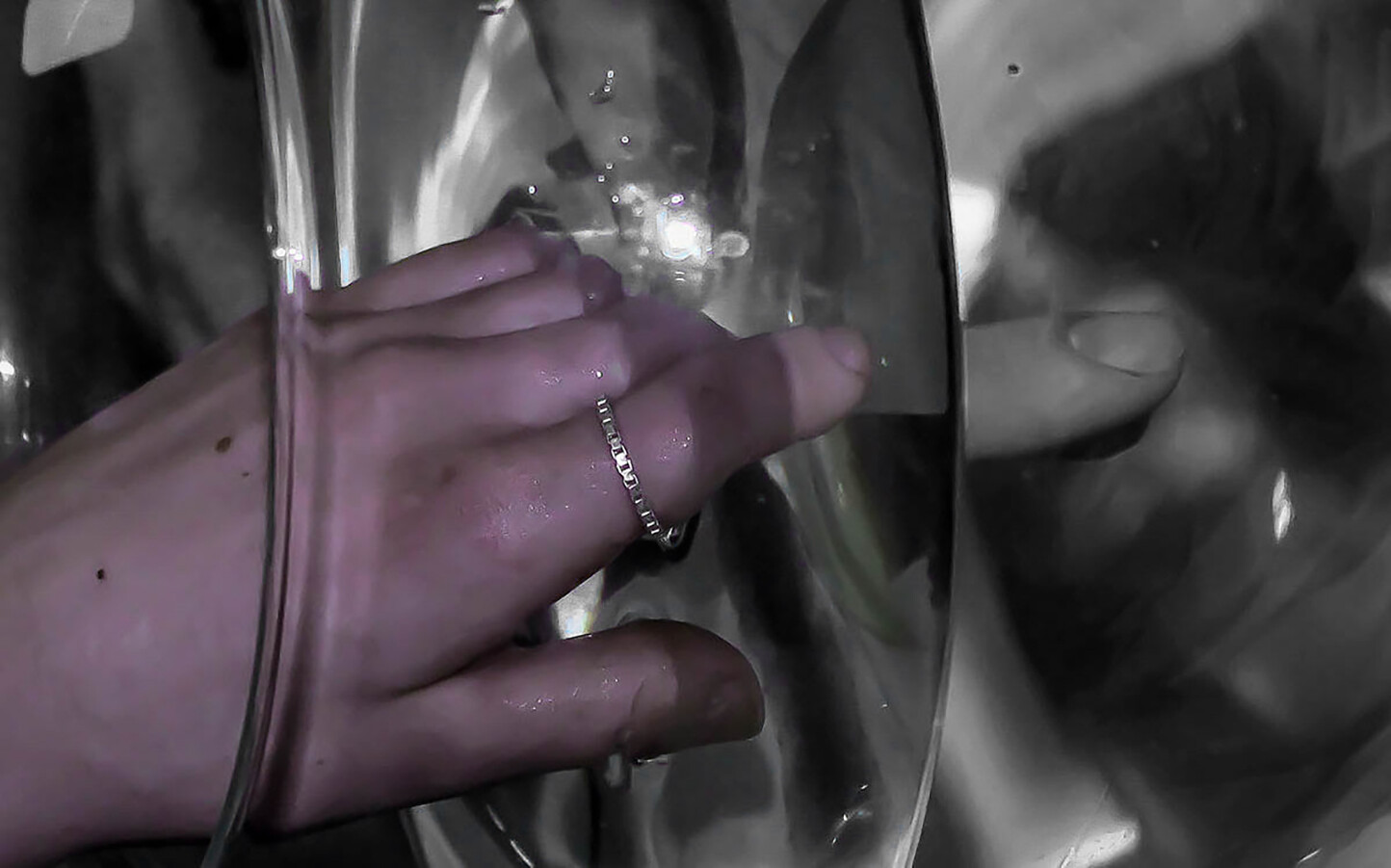Online symposium on transreality and pervasive play
March 20–May 30, 2021
This is an invitation to conspire.
The series of online workshops conjures synergies between the fields of performance, LARP, game design and media theory. The common inquiry will be the phenomenon of “bleed,” wherein the boundaries between fiction and reality, the virtual and physical world dissolve. The symposium is hosted by the Inter-Actions department of LUCA School of Arts and links to their research on the hybridization of online gaming and performance. What can games teach us about the ways we construct worlds collectively? We invite you to partake in a series of playful experiments around digital presence, embodiment and relationality. Reflecting on the psychological, social and political implications of distance we will explore virtual commoning practices and conspiratorial bleed.
Program
March 20: The workshop “Hotel Bardo” by Omsk Social Club sends you on a journey to explore reality-making systems and what we can do to control our own narratives. McKenzie Wark talks about “Early Transition as LARPing”; how being a trans woman can feel like role play through the gaze of others and metaphorical bleed sometimes avoids literal bleeding.
March 28: “Magical Materialism: World Factory” is a world-building workshop by Trakal that takes its cues from Psychoanalysis and a post-socialist perspective of Andrey Platonov’s concept of the “literature factory.”
April 3: The Interactions Group’s transdisciplinary thought band invites you to “The Wonder Machine,” an experiment in emergence at the level of collective intuition. Reed Berkowitz offers a workshop on guided apophenia and how to create your own conspiracy theories.
April 10: In the workshop “The Dive” by Nina Essendrop and Rozan van Klaveren we create a collective tale about the dying of nature and a path towards our inner worlds and wilds through LARP methods.
April 17: Francis Patrick Brady and Rilla Khaled let you explore possible futures through the card game DOHL and speculative play methods framed by the worlding of a fictional conference: “The Congress of Future Love & Connection.”
April 23: In her workshop “Erotic Sociability,” Isabel Lewis shares ideas around sociality and embodiment through the metaphor of the “unambitious stripper”. The performative lecture “Vaporized, dispersed, made particulate” by Dorota Gawęda and Eglė Kulbokaitė collages folkloric narratives, landscape—natural or constructed and molecular entanglements.
May 1,5,8: “Theatre as Laboratory: Experimentation with Non-Human Partners in Expanding Dramaturgies” is a three part workshop developed by Rebecca Rouse and Carl von Winckelmann letting you experiment with technologies and other non-human entities through the frameworks of partnership and play.
May 9: In “And what about those who prefer not to appear?” Simon Asencio and Martina Leeker explore different modes of presence to reflect on publicness and anonymity as well as hyper-affirmative performing on topics of digital culture as a critique.
May 14: Susan Ploetz and Ju Row-Farr share experiences in building speculative worlds, letting you explore somatic telepathy within the fictional institute “PSY-SOMA-TEK” and by discussing “2097: We Made Ourselves Over,” a project that worked with diverse communities to develop a journey into an imagined future.
May 23: In the “Prediction Error” workshop by Brody Condon we perform as a predictive coding model and simulate delusion formation in the brain introduced by neuroscientist Philip Corlett. With Hito Steyerl we will then move to predictive neural networks of machines and the hallucinations they create.
May 30: The LARP “Accomplices bleed” by Carina Erdmann and Nick Koppenhagen is based on the 1909 novella “The Machine Stops” and atmospheres found in cinematic fragments. It lets players view their own situation through the lens of historic visions of the future.
All sessions are open for participation. Places are limited. Free Tickets.
Thanks to Science Communication | LUCA School of Arts, Freundeskreis der UdK Berlin | Karl Hofer Gesellschaft e.V. and Decentralized Autonomous Kunstverein (DAK) for your support.









